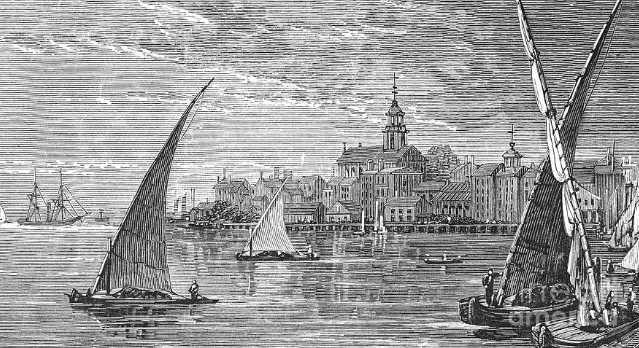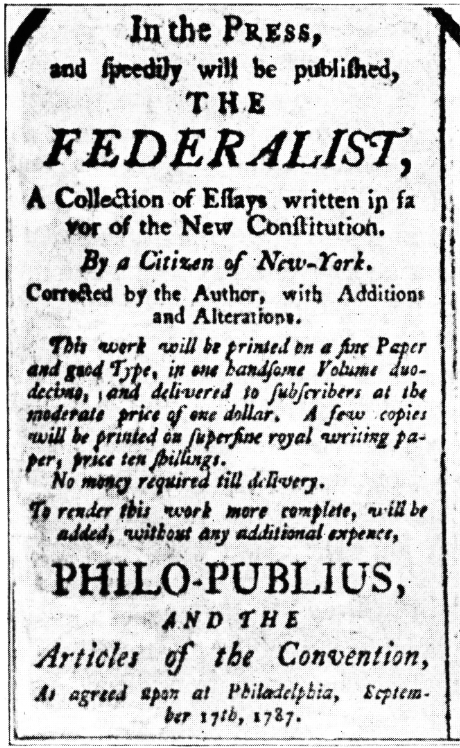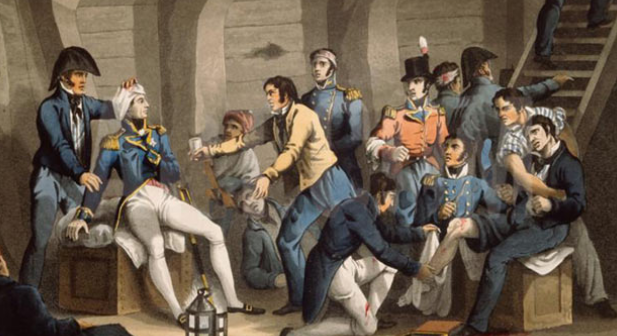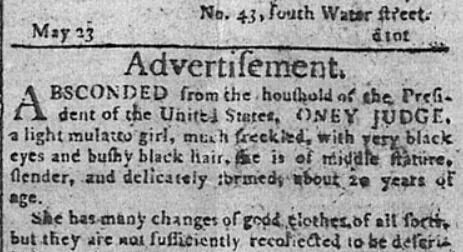Pomp Springs - Portsmouth's 'Gentleman from Africa'
The life of Pomp Springs highlights the forward thinking nature of the residents of Portsmouth, NH during the American Revolution.
Though slavery was still legal, many owners were manumitting their subjects.
This gave Springs the opportunity to rise above his station and become a leading resident.
Pomp Springs
Information on the early life of Pompey Springs is extremely difficult to come by.
Pomp, as he preferred to be called, was born into slavery but was set free as a young man.
Records indicate that he was a ‘yeoman,’ or a small farmer.
By the time he married a young woman, Candice Wentworth, he had come into a considerable sum of money. Whether this was due to hard work on his farm, a grant when he was liberated, a side business or some combination thereof is not known.
Baker
In his early 30’s, Pomp and Candice were able to purchase a reasonably large house for a black family living at the turn of the 19th century.
A year later, they expanded their house and bought a bakery next door.
Springs officially changed careers and three times a day had his horse pull out a cart with fresh baked goods for sale.
The delicious scent of his goods became a fixture for downtown Portsmouth.
A Gentleman
The Springs’ tidy income gave Pomp the opportunity to purchase fancier clothing than most black citizens were accustomed to.
He always kept his threads in perfect condition (one account playfully referenced him as ‘vain’). Springs was a popular member of the community, respected by black and white residents alike.
His combination of personality and success had one person remember him as the city’s ‘gentleman from Africa.’
The African Society and Family
Pomp’s contribution to the American Founding is small and extremely localized, but no less important.
Springs became the President of Portsmouth’s African Society. The African Society was a charitable organization which assisted the local black community with everything from feeding the poor to assisting with burial costs.
Furthermore, Pomp’s mother, Phyllis, lived in the Springs’ household.
Additionally, Candice had several siblings residing in the area.
At a time when it was customary for slave families to be separated, the Springs’ were one of the earliest examples of Black Americans living close to their extended family.
Here are some other BLACK PATRIOTS for the turn of the 19th century.
Prince Whipple Plants a Liberty Tree
Salem Poor Rejoins a Desegregated Continental Army
James Armistead is Not Another Face in the Crowd
If you’d like to read more about Black culture in Portsmouth, New Hampshire, I cannot recommend ‘Black Portsmouth’ enough.
Much of the information for the above article comes from this book. It’s and extraordinarily interesting read and although it covers a much greater time period than I do on this page it is nonetheless worth your time.
Pick up a copy through the Amazon affiliate link below (you’ll support this site, but don’t worry, Amazon pays me while your price stays the same).
Want to get fun American Revolution articles straight to your inbox every morning?
Subscribe to my email list here.
You can also support this site on Patreon by clicking here.
Thanks for your support!






